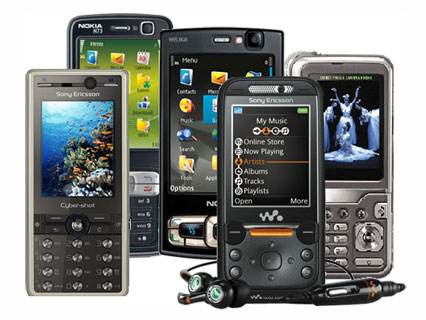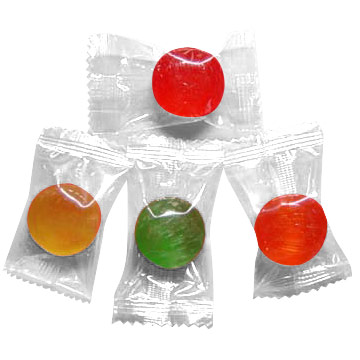What do you think of when you hear “2009 recession?” If frozen credit, failed automakers, and dying newspapers come to mind, you’re on the mark.
But how about books, beef, and concierge doctors? Or iPhones and candy? Surprisingly enough, these products and services reflect the Great Recession just as much as the bailout bill.
Below, we’ve listed five industries that are bucking economic trends. Unlike gambling and alcohol, the markets for most of these products aren’t predictably recession-proof. In fact, some, like beef, theoretically shouldn’t be thriving. But they are, and we’ll tell you why.
Concierge Healthcare

Imagine having 24/7 access to your doctor, who only sees a limited number of patients in order to provide each person with quality care. You can easily land a same-day appointment or even a house call. In exchange, you pay $1,500 to $25,000/year for services, according to the New York Times.
An estimated 5,000 concierge physicians practice in the United States. Surprisingly few patients have dropped out from their concierge services, even as their personal income flags. A close, personal relationship with your doctor is a need that doesn’t go away with the recession.
Books

The print media may be dying, but the market for books is alive and well. Book sales have dropped only slightly in the United States, and are up on the European continent, according to this New York Times article. Books’ status as a “cheap treat” makes them downturn-friendly. (Note: For various reasons, this doesn’t mean that book publishers are thriving, too.)
Meat

Americans continue to devour meat, but only if we buy it ourselves. Overall national meat consumption is down, mainly due to lower restaurant sales, writes Reuters. But beef, chicken, and pork supermarket sales are “holding up well,” say meat industry leaders cited in the article.
Q4 2008 saw 3% more beef, 9% more chicken, and 5% more pork being sold in supermarkets. Why the high demand? Because prices are low. The beef industry in particular is trying to make up for restaurant sales losses by lowering retail prices. Bon appetit!
Mobile Telecommunications

While sales in some sectors in the mobile industry soften–network infrastructure and chipsets, for example–other sectors, like mobile devices, continue to boost industry growth, according to industry publication TMCnet. The net result is a robust industry. The $700 billion industry will also fuel its growth by expanding both in developed and developing nations.
Candy

When the economy recesses, people self-soothe. And what easier way to do that than through candy? This year’s National Confectioners Association Expo revealed a recession-resilient industry, writes TGR’s Renee Covino. Top trends in the industry include nostalgic packaging and “All-American chocolate ‘comfort classics.'” It seems that when we indulge in candy, we indulge in the past, too.
